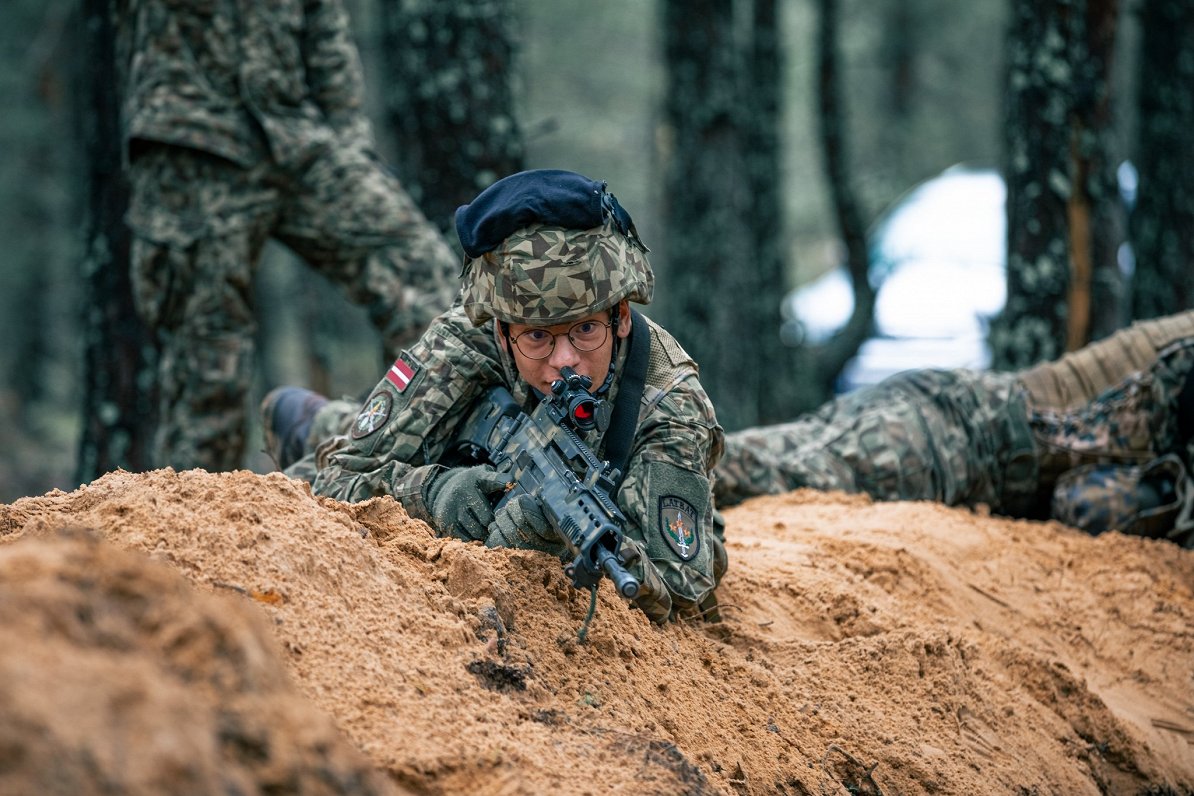The case was brought to ST on August 18, 2022, at the request of a natural person. The applicant requested to assess whether the prohibition on her being a soldier of professional service as a Member of a political party contained in the Military Service Law violates Section 91 of the Constitution, which contains the principle of legal equality.
The applicant requested the ST to assess the conformity of the disputed norms with the right to freedom of association enshrined in Section 102 of the Constitution, as the contested norms prohibit her from being a Member of a political party as a soldier of professional service.
The application also requested to assess the conformity of the disputed norms with the principle of legal equality contained in the first sentence of Section 91 of the Constitution, because the prohibition of being a Member of a political party was not imposed on other groups of persons comparable to soldiers.
Section 10, Paragraph two of the Military Service Law prescribes: “A soldier has the right to be a Member of such associations and foundations which are not of a political nature, as well as to establish associations and foundations of soldiers and participate in other non-political events, if such activity does not hinder the performance of service duties.”
In accordance with Section 15, Paragraph one, Clause 1 of the Military Service Law, a soldier is prohibited from performing political activity, joining trade unions, organizing strikes, and participating therein.
When assessing the contested provisions, the ST concluded that the prohibition aims for the National Armed Forces, which includes soldiers, to be politically neutral.
The prohibition of being a member of a political party ensures that a soldier does not engage in the acquisition and implementation of political power, does not affect political decisions, nor is used to achieve the objectives of a political party. ST said that political neutrality of the National Armed Forces contributes to the effective performance of the national defense function and thus ensures the protection of democratic state and public safety.
ST concluded that the benefit to the public of the requirement of political neutrality imposed on the soldier outweighs the adverse consequences for the soldier of the ban on being a Member of a political party. The soldier, taking into account the task entrusted to him or her to be a public defender, must observe professionalism and neutrality and ensure the protection of the Latvian state and its democratic system regardless of political competition.



























